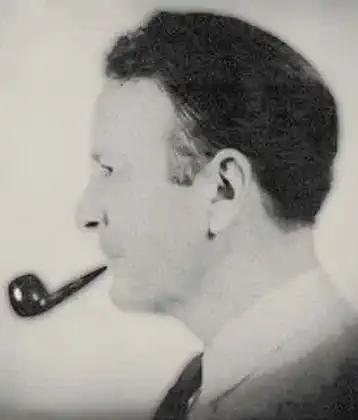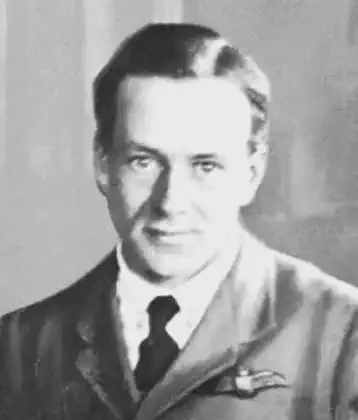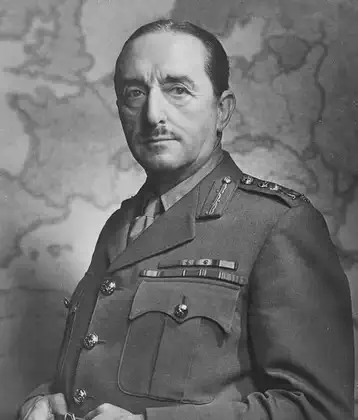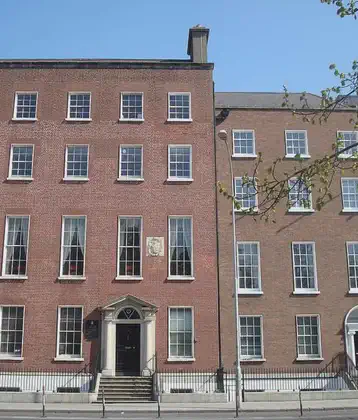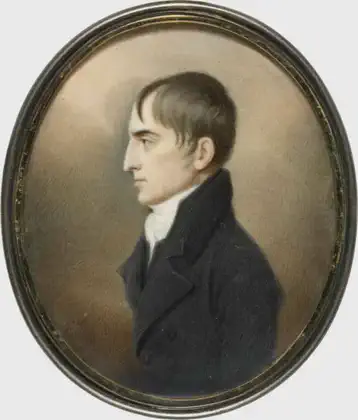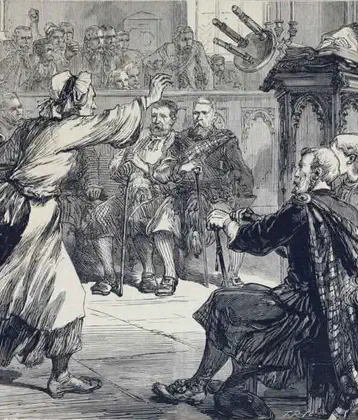On July 23, 1745 in Celtic History
Bonnie prince charlie lands in eriskay
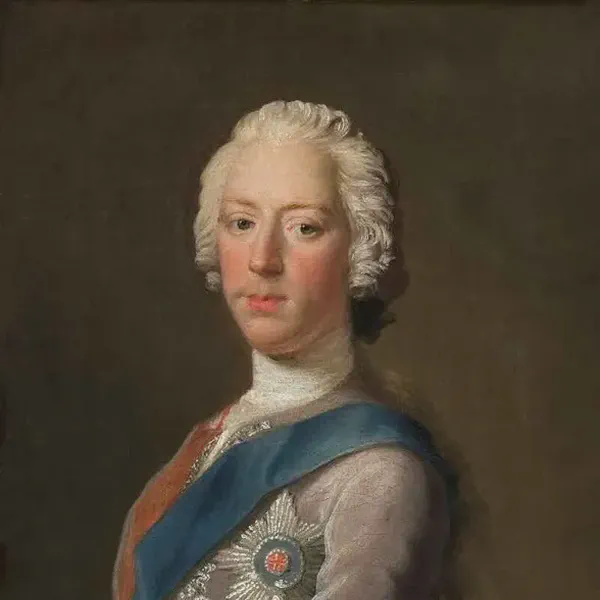
Charles Edward Louis John Casimir Silvester Severino Maria Stuart (December 31, 1720 - January 31, 1788), was the exiled claimant to the thrones of Great Britain and Ireland, commonly known as Bonnie Prince Charlie.
Charles was the son of James Francis Edward Stuart, the Old Pretender, who was in turn the son of King James II of England, Scotland and Ireland, who had been deposed in 1688.
The Jacobite movement tried to restore the family to the throne. Charles’s mother was James’s Polish-born wife, Maria Clementina Sobieski (1702-1735).
After his fathers death Charles styled himself as King Charles III, and was referred to in England as The Young Pretender.
Despite his strong associations with Scotland, Charles was born in Rome and brought up there with his father who was in exile having failed to regain the thrones of Great Britain and Ireland from which his own father had been deposed in 1688.
Battle of Dettingen
In 1743, Charles fought at the Battle of Dettingen, where the British army was led by his chief rival, the Hanoverian King George II.
1745 uprising
In December 1743, Charles’s father named him Prince Regent, giving him authority to act in his name. In Rome and Paris he had seen many supporters of the Stuart cause, and he was aware that in every European court the Jacobites were represented. He had now taken a considerable share in correspondence and other actual work connected with the promotion of his own and his father’s interests.
Two years later, the French invited him from Rome where he was living with his father to take part in an invasion of Britain and to lead a Jacobite rising on behalf of his father.
The fleet was badly damaged by storms and the invasion abandoned, but Charles raised funds to fit out two ships one of which successfully landed him with seven companions at Eriskay on July 23, 1745.
Eighteen months later, he led a French-backed rebellion intending to place his father on the thrones of Great Britain and Ireland. He raised funds to fit out the Elisabeth, an old man-of-war of 66 guns, and the Du Teillay (sometimes called Doutelle), a 16-gun privateer which successfully landed him and seven companions at Eriskay on 23 July 1745.
However, receiving a cool reception from the clan leaders there, he set sail again and arrived at the bay of Loch nan Uamh.
He had hoped for support from a French fleet, but it was badly damaged by storms and he was left to raise an army in Scotland.
More From This Day
